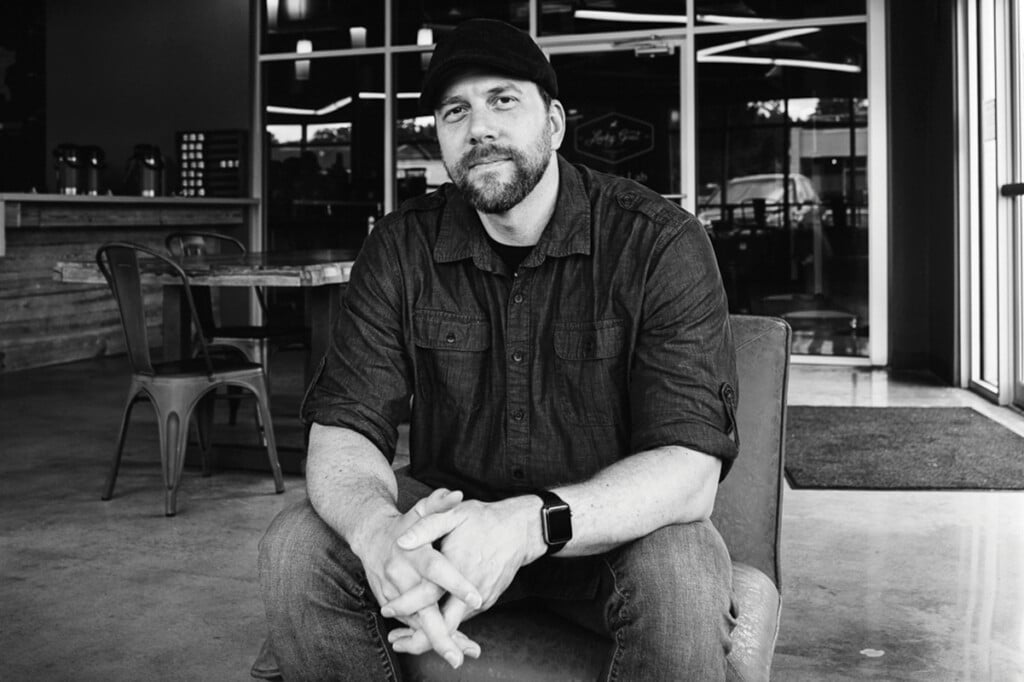Redefining Scholarship
Outsourcing cognitive labor to AI will force humanity to evolve

The word “scholar” originally came from Greek skholē, meaning “leisure, especially time spent on intellectual endeavors.”
Scholarly pursuits are a cornerstone of Western civilization and a driving force for technological change and innovations in the global economy. However, our modern universities have strayed far from the model given to us in antiquity.
The first European university was established in Bologna, Italy circa 1088. Founded by individuals seeking legal scholarship, students hired and paid their own teachers. The University of Bologna became recognized in Europe as a student-run guild that offered degrees authenticating their expertise in secular law.
By the thirteenth century, students entered university at 14 to 16 years of age, studying trivium (grammar, rhetoric, and logic), which would take two to three years. Graduates would be considered masters of language, reasoning, and writing and could leave the university and immediately be employable as scribes and clerks, earning a decent standard of living.
Others would go on to study quadrivium (arithmetic, geometry, music, and astronomy), ages 16-20, applying logic to the mathematical and natural sciences. After examinations or disputations, these students would be awarded a Bachelor of Arts where they could pursue careers as educators, court astrologers, timekeepers—not as easy back then—and the age-old favorite, architects.
Students could also receive tutelage in Aristotelian philosophy and go on to study law, medicine, or theology, earning a master’s degree, which would unlock higher prestige and earning potential.
Doctors of Law and Theology could gain status with courts and increase ecclesiastical rankings, but both types of scholars were considered lucrative and highly sought-after for their expertise.
This model spread across Europe, giving birth to the Renaissance, creating some of the greatest minds in human history. The reason for this was the interdisciplinary studies created by the earnest pursuit of clarity, understanding, and truth.
During the early days of university, the scope of all human knowledge could be studied and understood by individuals—called polymaths or as they are better known “Renaissance Men.” There are well-known figures in history, e.g. Leonardo da Vinci, Francis Bacon, and Paracelsus.
During the early days of true scholarship, knowledge, facts, and logical understanding were celebrated pursuits. Lecture halls were filled with students eager to understand the world around them.
I would postulate that we no longer foster an environment for polymaths in modern society.
Flash forward to today, and we churn out “scholars” in capitalistic fashion, selling more paper than Charmin with the hefty price tag of 10% to 20% of your salary for the next 20-plus years.
Go to the average college campus and ask a random student, “Why are you here?”
If you can get anyone to stop staring at their phones or to remove their earbuds long enough to answer, they will say, “To get a degree in ______________.”
Capitalism demands expertise. One of the most common questions adults pose to children is, “What are you going to be when you grow up?”
In other words, you must pick one box, so others can understand what value you have to society. This leaves little room for the requisite capacity for abstract thought necessary for true scholarship. Human thoughts are only worth as much as the capital they can generate.
And this is why humanity, as a whole, is getting dumber—or for the more rigorously minded, see the Reverse Flynn Effect. There is not enough space in this letter for possible causality for this; however, studies list education quality as a contributing factor, as well as increased screen time and decreased deep reading, and a cultural shift away from abstract problem-solving.
One might counter this argument by rightly pointing out that interdisciplinary synergy created by the early university model increased the global breadth of scientific knowledge beyond the capacity of any one person to know everything. Therefore, we must specialize.
Regardless, there has been little room in our society for scholarship for its own sake—the original catalyst for exponential technological growth in the Western world.
Humans must return to a state of scholarship—true dedication to abstraction, creativity, and critical thinking—else we will not survive in the global economy.
When our AI tools truly and completely replace the need for technical expertise and cognitive labor, where does that leave the humans? What value will we have in a capitalistic society driven primarily by the optimization of dollars?
Our current model for education in the U.S. inspires dogmatic reaction rather than original thought. Without a major shift in our educational practices, pioneered by thought leaders in the classrooms, we will fail to inspire the next generation of polymaths necessary to usher in the next age of great innovators and thinkers. We require a cultural transformation dedicated to the revival of scholarship among our students, which can only be possible if we nourish our inquisitive minds with perspicacity, sagacity, tenacity, and a healthy amount of audacity.
It might also help if we paid our teachers enough to enable them to focus on the classroom rather than spread their attention across multiple jobs.

